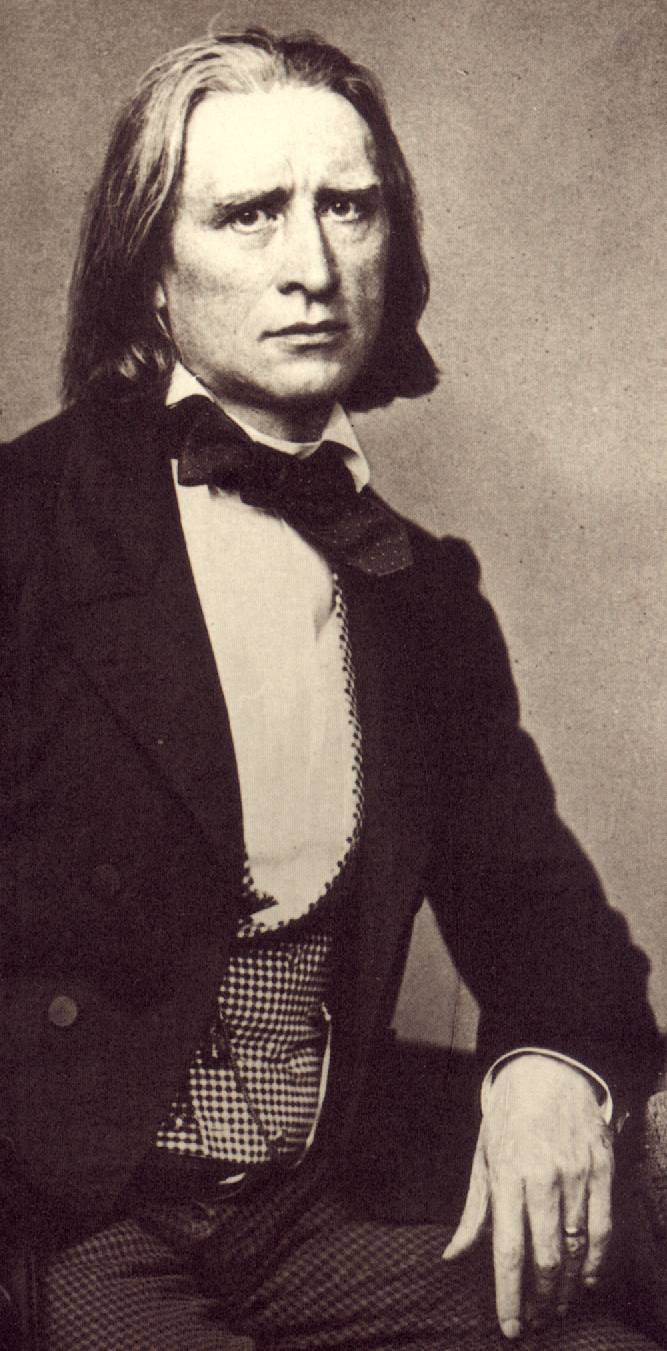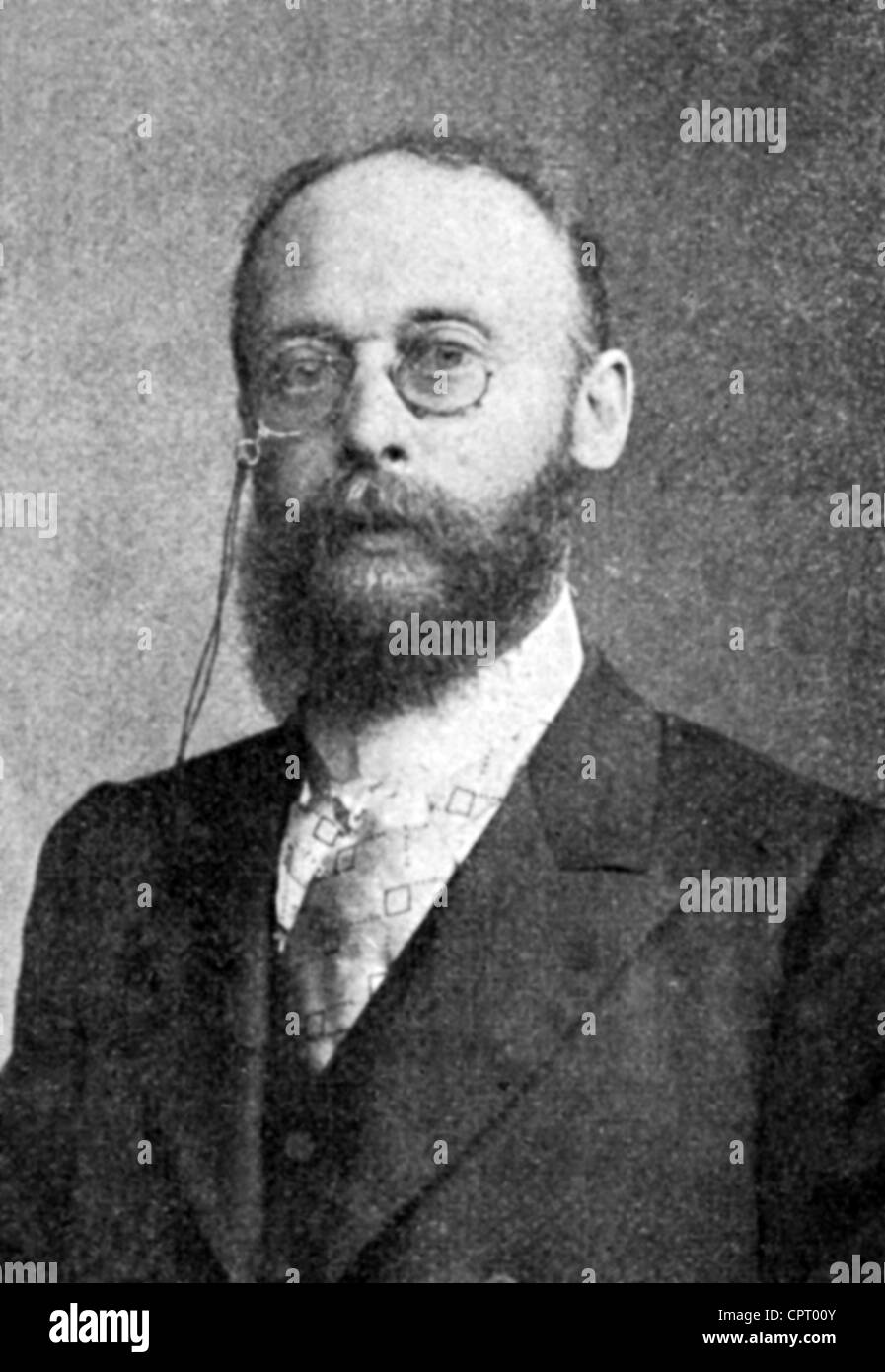
He returned to Paris, where his mother was residing after the unexpected demise of his father. Unfortunately, during this trip, his father Adam passed away, which deeply depressed the talented youngster. In 1827 to be precise, when Franz Liszt was making waves for his abilities as a musician, he went on a trip to Boulogne with his father for treatment. The interaction with both these gentlemen gave Franz a much-needed exposure to the world of music. During this time, he also happened to meet young musicians Ferdinano Paer and Michael. At the end of May 1823, the family went to Vienna again. At the end of April 1823, the family returned to Hungary for the last time.

Adam Liszt, therefore, took his leave of the Prince’s services. In spring 1823, when his one-year leave of absence came to an end, Adam Liszt asked Prince Esterházy in vain for two more years. He also received lessons in composition from Ferdinando Paer and Antonio Salieri, who was then the music director of the Viennese court.įranz Liszt was greeted in Austrian and Hungarian aristocratic circles and also met Beethoven and Schubert. Franz Liszt, later on, went on to learn lessons in music from renowned composers Carl Czerny and Antonio Salieri. His father worked as a secretary for Prince Nicholas Esterhazy, and, after the boy played for a group of wealthy sponsors, he asked the prince for extended leave so he could devote his time to enriching his son’s musical education. Adam’s talent was even known to some of the world’s greatest musicians like Beethoven, Haydn, and Hummel.īy the age of 6, young Liszt was recognized as a child prodigy by the age of 8, he was composing elementary works and by the age of 9, he was appearing in concerts. His father Adam was a musician who played several instruments such as the guitar, cello, violin, and piano.

His works have said to have inspired several generations of music composers and he also enjoys a demigod status among many students of music even today.įranz Liszt, Hungarian form Liszt Ferenc, was born on October 22, 1811, to Adam and Anna Liszt at a village named Doborjan, situated in Hungary. A concert of Niccolò Paganini inspired Franz Joseph Liszt greatly and he decided to leave no stone unturned to become a great musician. But the determined musician bounced back and continued pursuing music eventually. Some of his most notable musical contributions were the invention of the symphonic poem, developing the concept of thematic transformation as part of his experiments in musical form, and making radical departures in harmony.Ī string of setbacks following his father’s death, in a way, distracted the Hungarian composer and the man almost died due to ill health.

Liszt left behind an extensive and diverse body of work in which he influenced his forward-looking contemporaries and anticipated many 20th-century ideas and trends. Unlike many talented celebrities who bloomed late, Franz Joseph Liszt proved his mettle at a very young age and gained popularity across several parts of Europe. His father too was a musician who played several instruments and perhaps that’s why many believe that music was embedded in his genes. His outstanding talents gave him the opportunity to become one of the most eminent members of the New German School or the Neudeutsche Schule. He was a friend, musical promoter and benefactor to many composers of his time, including Frédéric Chopin, Richard Wagner, Hector Berlioz, Robert Schumann, Camille Saint-Saëns, Edvard Grieg, Ole Bull, Joachim Raff, Mikhail Glinka, and Alexander Borodin.Īpart from his talents as a piano artist, he was also a proficient composer, piano teacher, and conductor. Among his many notable compositions are his 12 symphonic poems, two (completed) piano concerti, several sacred choral works, and a great variety of solo piano pieces.įranz Liszt gained renown in Europe during the early nineteenth century for his prodigious virtuosic skill as a pianist.

Children: Cosima Wagner, Blandine Liszt, Daniel LisztĪ Hungarian pianist and composer of enormous influence and originality, Franz Liszt was born to Anna Liszt (née Maria Anna Lager) and Adam Liszt on 22 October 1811, in the village of Doborján (German: Raiding) in Sopron County, in the Kingdom of Hungary, Austrian Empire.


 0 kommentar(er)
0 kommentar(er)
